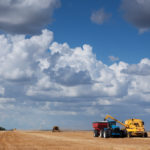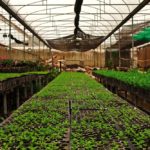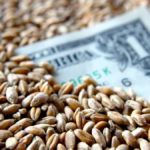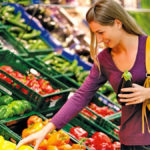
Tag Archives Business/Finance

Canadian, Manitoba farmland values higher in 2019
The yearly growth has slowed in recent seasons and that trend is expected to continue

COVID-19 prunes garden centre operations
For now Manitoba’s garden centres are closed to the public when normally their business would be ramping up
Snowbound farmers’ reduced sales drag on canola values
Unfounded intel suggesting a breakthrough on the canola ban was briefly supportive

Comment: Prepare for the worst, pray for the best
One thing is certain, the pain from COVID-19 will be very real

Comment: Why COVID-19 will change the food industry, forever
Like the Green Revolution changed primary agriculture, this will change food sales

Canola futures remain steady amid pandemic
Their alignment with soyoil ties canola values to crude oil’s fortunes
Editor’s Take: Who’d have thought?
Coronavirus pain muted for ag
Farmers hurting more from past problems than COVID-19 so far

French grain industry in logistics scramble as shoppers bulk buy

Grain elevator companies set COVID-19 protocols
Goal is to keep people safe and grain flowing




